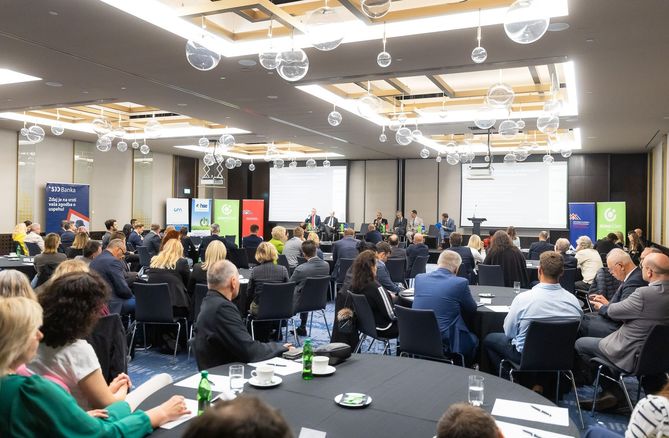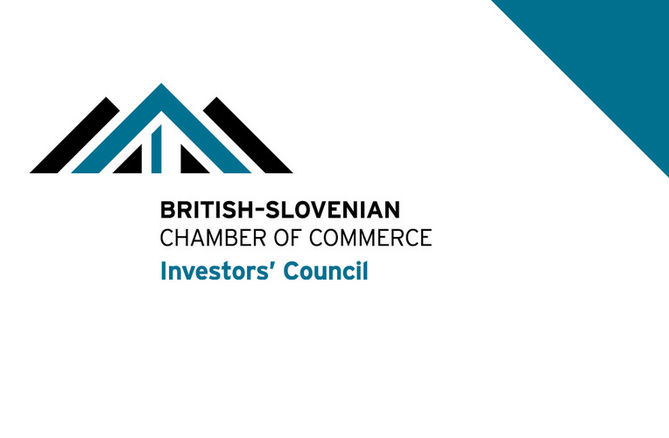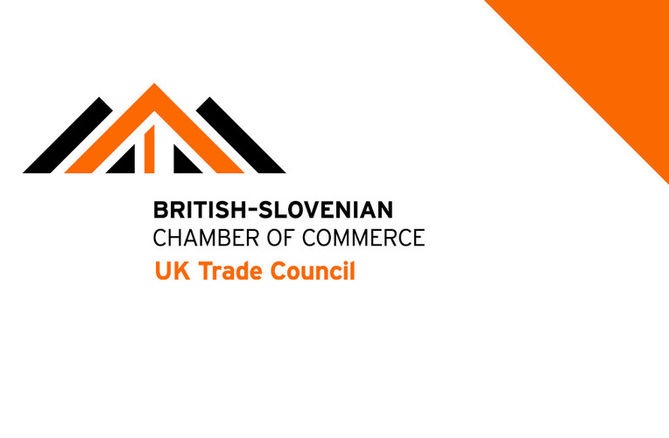Business Organisations United in Solidarity Aid and Cooperation for Reconstruction and Development II
The British-Slovenian Chamber of Commerce is part of the 14 business organisations, which represent the voice of the Slovenian business community. Here is the press release, which we endorse.
Ljubljana, 19 September 2023 - Seven weeks after the floods, the Slovenian business community is even more united in its desire to work together to make informed and long-term decisions that will not lead to further unnecessary upheaval in the business environment. We recognise that post-flood recovery and reconstruction will be a long process, but we also see it as an opportunity to work together to create a more stable and progressive business environment that is competitive enough to deliver jobs and development.
On 25 August 2023, 14 business organisations and associations called on the Prime Minister of the Republic of Slovenia, Dr Golob, and the ministerial team to meet and work together in constructive agreement for the well-being of our people and to work together for development and competitiveness. We stressed that we need measures that will support sustainable growth and development of our economy and society. We look forward to confirming the meeting with Dr Golob and his team on 9 October 2023, while recalling that it is imperative for the economy as a whole to ensure a stable and attractive business environment, and we want to avoid vague statements on new taxes and levies that unnecessarily create disruption in the economy. Also, listing specific sectors that need to be further taxed creates uncertainty and makes it more difficult to do business, which can lead to a reduction in investment and job creation for both Slovenian and international companies. We should also bear in mind the fact (recently also reported by the Munich Ifo Institute) that our economy and employees are already burdened by higher-than-average taxes and contributions. Therefore, in our view, the necessary first step before any compulsory contribution is introduced - if it is necessary at all - would be when the inventory of the damage caused has been completed and the amount of funds collected from donations, the EU and the national budget is known, as the Fiscal Council has also pointed out to the Government. The recovery will be gradual and will certainly take several years, so there is no need to rush into new burdens, especially as it is still unclear how large the damage actually is. We also believe that we need more transparency and accountability, not only in the assessment of the damage, but also in the design of the Reconstruction Fund. As this Fund will also receive funds from the economy, we expect that appropriate civilian oversight of the Fund's operations and the use of the allocated funds will be established, taking into account the appropriate representation of all stakeholders - the contributors to the Fund. So, in addition to the State, also representatives of the population and the economy.
We are aware, that the plight of the people whose homes have been taken from them by the floods is immense. These are our friends, colleagues, acquaintances and fellow citizens, and it is right that we all help. The plight of some businesses is also severe, which, of course, puts people's jobs and well-being at risk as a result. Unfortunately, the impression being created externally that the whole country is virtually at a standstill is putting our export-oriented economy at further risk. We are therefore losing hard-won trust and competitiveness in international chains. We are reading these days how a halt in production in one Slovenian company can paralyse production abroad (and that of a large multinational). We must all work together to prevent our international partners from turning elsewhere because of misinformation about the situation in Slovenia and Slovenian companies losing their place in international supply chains.
In the first 14 days after the floods alone, companies donated more than €12 million to charities. Co-workers helped each other, and companies helped each other. Craftsmen and entrepreneurs selflessly offered their machinery and employees to help in all corners of Slovenia. Businesses know that help that comes quickly has the biggest impact. Those who came to the rescue and donated as soon as it was needed should now be in no worse position than those who will have their funds collected by the State through a compulsory "solidarity" contribution.
We quote the company's opinion, which is just one example of many that have reacted in a similar way, to make it easier to understand the real state of mind in the economy: "In our company, we have been trying to help the affected places since the beginning of the catastrophic floods. We have worked with the civil protection and the fire brigade on work actions and cleaning up flooded areas. We have also set up a relief fund. Our solidarity comes from the heart. But then our initiative on working Saturdays degenerated into compulsory solidarity, and our donation will be redirected to a national fund instead of quickly and directly to municipalities, humanitarian organisations and civil protection. The government would have done more by calling for solidarity work Saturdays and abolishing the taxation of such donations than by legalising solidarity."
The whole economy remains united in the knowledge that only together - state, economy and civil society - can shape the future of our country and society and ensure prosperity for all.


